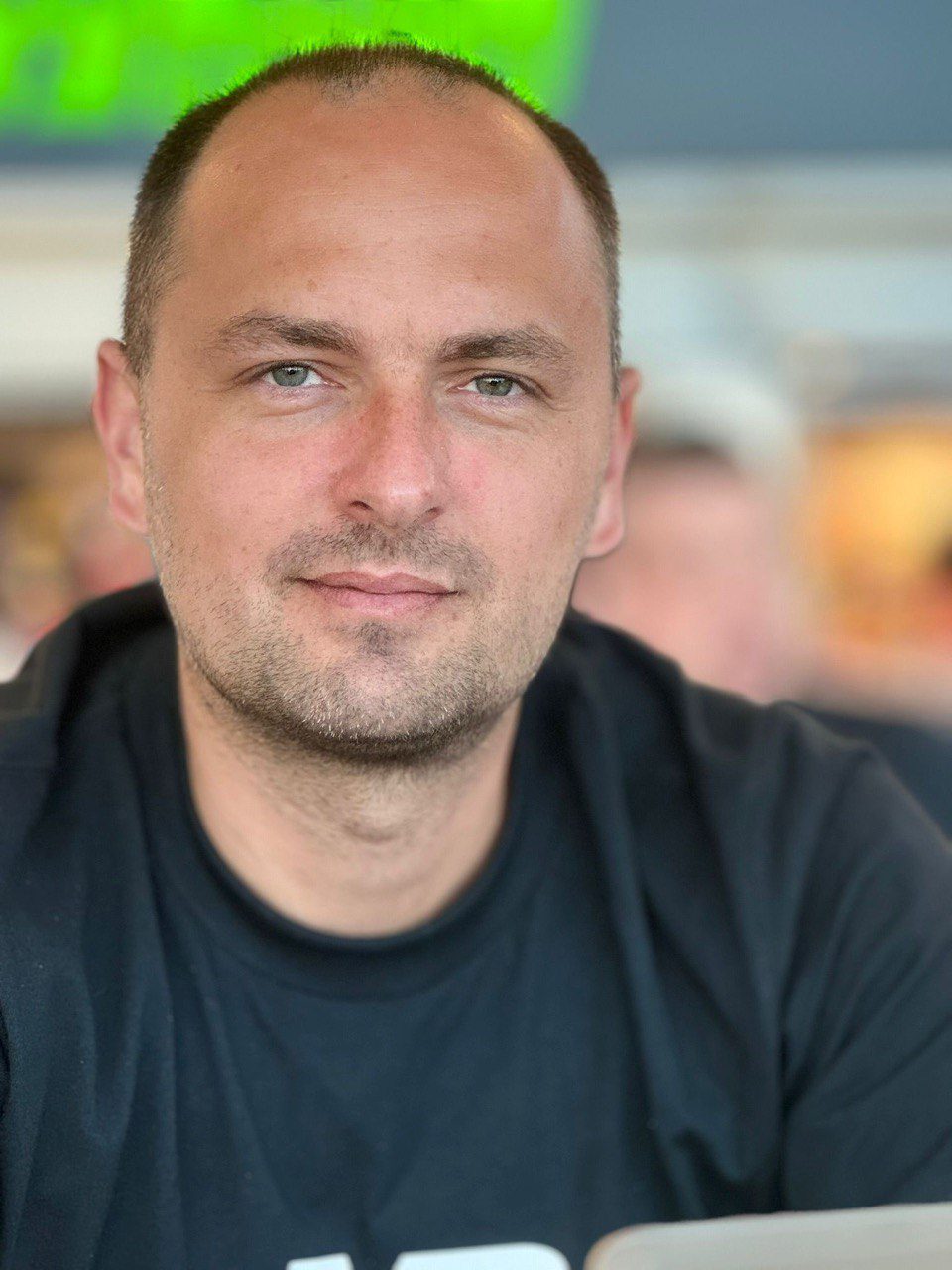A top Eastern European expert in industrial systems for heavy industry on why sustainability begins with the rational use of resources — and how efficiency helps businesses survive in times of crisis.
In September, Geneva hosted the Global Intergovernmental Meeting on Environmental Aspects of Minerals and Metals Management (GIMM), organized by the UN Environment Programme. Delegates from 120 countries discussed the urgent need for sustainable production and use of mineral resources. International forecasts suggest that by 2040, global demand for minerals used in clean energy could quadruple — and increase even further by 2050. Experts focused on circular economy principles, mine closure management, waste handling after ore processing, and the development of international standards for metal certification. All these efforts share a common goal: to make industry more rational and sustainable. After all, efficient use of resources is inseparably linked to both ecology and the economy. These global trends are particularly relevant for Eastern Europe, where mining and processing remain key economic drivers.
According to Sergei Sementcov, a systems architect in geological exploration management and one of the leading experts in heavy industry, implementing international standards in practice is possible only through a systematic approach to teams and processes. For over a decade, he has been transforming production systems, improving project efficiency, and building a culture of continuous improvement. Sementcov is also a regional member of ICSOBA, an independent international committee that brings together professionals in bauxite mining, alumina production, and aluminum manufacturing. During his work at one of Eastern Europe’s largest geological enterprises, he developed management systems that operate autonomously, reduce equipment downtime, and lower project costs.
We spoke with Sergei about how to implement such systems, combine productivity with sustainability, and replicate these improvements across organizations.

Sergei, at the recent UN forum, experts projected that mineral production could increase twentyfold by 2035. Is it really possible to maintain such growth while ensuring environmental safety, especially in Eastern Europe?
In practice, yes — if you take a systemic approach to project management. When I worked at one of the largest geological associations in Eastern Europe, we built a production system based on Lean principles and PDCA cycles. This helped reduce average project implementation times by 3–5% and cut unit costs of major exploration projects by 4–6% through logistics and process optimization. We managed to boost efficiency without increasing environmental impact, and transparent processes allowed us to identify potential ecological risks early on.
In one of your projects, you almost completely eliminated downtime in mills and processing facilities, which had a strong economic impact. Would you say such results also contribute to environmental sustainability? After all, less downtime means less wasted energy.
Exactly. When equipment runs smoothly without frequent restarts, energy consumption drops, cooling and ventilation systems face less strain, and emissions of dust and waste decrease. We save resources while reducing environmental impact. This demonstrates that true sustainability is achieved through efficiency and responsibility.
You place great emphasis on employee engagement and continuous improvement, including Kaizen sessions. How do you make sure this doesn’t become just a one-off initiative but part of the company’s culture?
The key is not to turn improvement into a formality. We built a system where every employee — from shift supervisor to manager — could see their personal contribution and suggest concrete solutions. We conducted internal Lean audits, analyzed field data, updated standards, and most importantly included these changes in strategic planning and budgeting. That way, improvements didn’t get lost in reports but became part of everyday operations.
Today, everyone is talking about digitalization and automation. But can even the most advanced technologies replace human engagement?
No, technology is only a tool — its meaning comes from people. Without initiative, accountability, and respect for the process, even the best-designed system won’t work. I often say: “The most modern equipment can’t fix mistakes if a person doesn’t understand why they’re doing something.” Real change starts with people — they’re the ones who turn efficiency into sustainability.
The mining and metallurgical industries often say that sustainability is impossible without system thinking. You introduced the PDCA cycle in one of the region’s largest industrial groups. What practical results did it bring?
PDCA stands for Plan–Do–Check–Act. It’s about not just completing projects but continuously improving them. We implemented this approach in both exploration and processing facilities — every stage, from drilling plans to performance analysis, went through the PDCA loop. As a result, project timelines were reduced by 3–5%, and in some cases by up to 15%. But the most important outcome wasn’t the numbers — it was a change in mindset. People stopped waiting for top-down orders and started proactively looking for ways to make processes better.
Thanks to the maintenance system you developed for mining trucks, their average service life nearly doubled — from 35,000 km to 75,000 km. How did you achieve that?
There were no magic fixes — just systematic work. We started by analyzing downtime and found that most breakdowns happened not from wear and tear, but from poor maintenance scheduling. We built a preventive maintenance cycle where every operation was logged and tracked in real time. That nearly eliminated emergency stops. As a result, trucks ran longer, fuel consumption decreased, emissions dropped — the effect was both economic and environmental.
In your view, how should the role of managers evolve in the era of “green transformation” and sustainable development?
Sustainable development starts not with technology, but with people. You can write as many strategies and install as many digital dashboards as you want — but if a person on the shop floor doesn’t understand why they’re doing something, the system won’t work. I always tell my teams: start with respect — for work and for resources. When we stop wasting time, energy, and raw materials — that’s true sustainability. And when every project delivers stable, reliable results without failures or downtime — that’s already a contribution to a sustainable future.
































